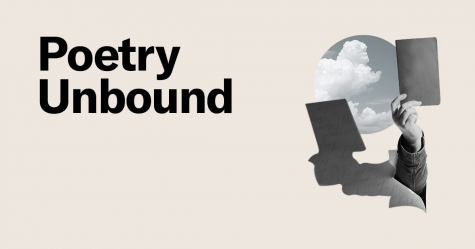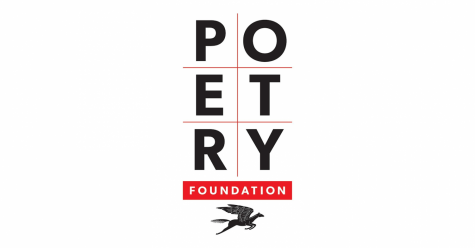Don’t Beware of Poetry
Why we should all study poetry in school and why it’s not so bad.
Part of the AP English Literature curriculum is the Poetry I unit, where students read and analyze 20th-Century/contemporary poetry. At first, I didn’t recognize how influential this unit would be to me, but surprisingly I came to appreciate poetry more than ever.
One thing that made this unit enjoyable to me is the group discussions and annotations. When we were assigned to read a poem we would head over to a website called Perusall, which allowed a group of 5-6 people from my class to annotate a single document and also respond to each other’s annotations.
This form of annotations not only encouraged me to analyze the poem to the best of my ability so that my classmates can read and respond with their added insights, but it allowed me to explore poetry from the points of view of others.

Ms. Gullo, my AP Lit teacher, says “reading is really social because you’re in discussion with the text. When you draw other people into that discussion with you, it’s cool because it’s more expansive to be able to make meaning together.” She says, “it’s really useful to see how other people are reading and interpreting, and it puts you in dialogue which I think is important.”
As we were all annotating the poems and comparing them to aspects of our lives, we were learning different ways to approach a poem. When I would get excited or be in awe at a line or phrase in the poem, I had people in my group who felt the same way. The poems created a bond and a positive environment where my peers and I could analyze and expand each other’s thinking.
Ms. Gullo says “when I was in a Lit. class, we always read poems by people who were dead, and it felt like poetry was really scary because it was something that we didn’t study all the time and I never felt like I understood. It made me dislike poetry to just read works that felt disconnected.”
She then explained, “I had a professor who introduced me to contemporary poets, which was eye-opening because it felt like something that didn’t just happen in the 18 and 1900’s.”
She recalls, “It was cool to read these poems by people who were grappling, and discussing things that are contemporary, interesting, and relevant. So, as a Lit teacher, I have tried to make sure my students are reading living poets and I think that just finding contemporary poetry makes a difference because there is so much diversity in American poetry.”
In this unit, the class was introduced to a wide variety of poems, many of them were about topics that my classmates and I could relate to. For example, the poem “I Invite My Parents for Dinner” by Chen Chen, reminded many of my classmates about their own awkwardness at the family dinner table.
Another poem, by Phillip B. Williams, “Final Poem for My Father Misnamed in My Mouth,” brought the class together as we all commented about the sharp imagery and what the specific word choice of the poem might mean. We analyzed the relationship of a grandmother with PTSD and her grandson, in the poem “Kissing in Vietnamese,” by Ocean Vuong. Finally, we explored the complexities of the poem “The Leash,” by Ada Limon, as we enjoyed the apocalyptic images of the poem.
At the end of this unit, Ms. Gullo gave us a giant list of poets to explore. We all chose one poet from this list whose poems we would analyze on a deeper level. I was able to find poets that I really liked, including, Marie Howe, Jericho Brown, and Peter Balakian.

Ms. Gullo states, “I think it’s powerful to form an identity as a reader just by reading a bunch of poetry and figuring out what’s speaking to you and what isn’t.”
Many of the poems that my teacher had us read, resonated deeply with us. Some other poets that Ms. Gullo recommends are Pádraig Ó Tuama, Lucille Clifton, Jericho Brown, and some older poets like Emily Dickinson and John Donne. She also recommends listening to the podcast “Poetry Unbound” by Pádraig Ó Tuama, which deep dives into many works of poetry.
Although I am aware that poetry is a little scary or unenjoyable to some people, I highly recommend that all students in English and Literature classes at least explore the world of poetry, especially after seeing the positive effects that it had on my class.
Your donation will support the student journalists of North Hollywood High School. Your contribution will allow us to purchase equipment and cover our annual website hosting costs.

